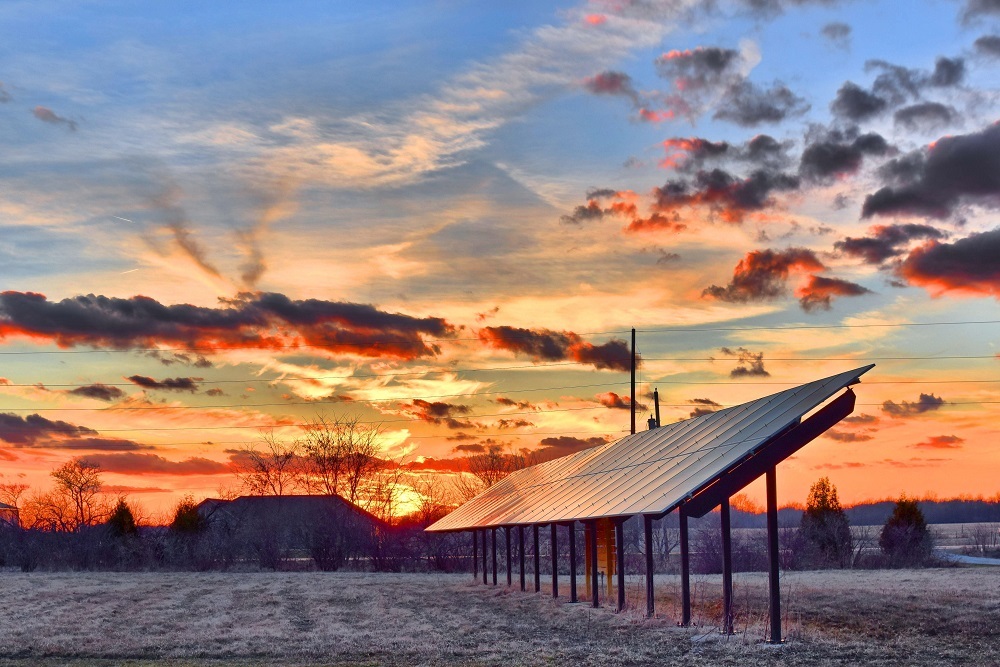MorgueFile - charlesa46741
MorgueFile - charlesa46741
A federally funded database's finding that Minnesota is second in the nation for offering policies and incentives that promote renewable energy and energy efficiency is no surprise to the state's Senate Energy and Utilities Policy and Finance Committee's chair.
"Minnesota has long been a leader in energy conservation and focusing on efforts to improve energy efficiency," State Sen. David Osmek (R-Mound), who has chaired the committee since 2017, told the Dakota Times. "Many of our programs stem from the Conservation Improvement Program (CIP), intended to help reduce energy demand by providing rebates to ratepayers through their utilities for efficiencies, such as replacing old or obsolete household equipment or weatherization."
Osmek has represented Carver and Hennepin counties the western Twin Cities metro-area district since he first was elected to the Minnesota Senate in 2012.

Minnesota State Sen. David "Dave" Osmek (R-Minnesota 33)
| facebook.com/SenatorDavidOsmek
Minnesota offers 184 policies and incentives that promote renewable energy and energy efficiency, according to information on the Database of State Incentives for Renewables & Efficiency (DSIRE)'s website. That ranks Minnesota second in the nation, behind No. 1 California with 218 policies and incentives, and ahead of Oregon, which offers 146, according to the database.
"I expect Minnesota to continue to be a leader in energy conservation, avoiding the need for expensive power plants and associated transmission costs," Osmek said.
DSIRE, funded by the U.S. Department of Energy, is managed by North Carolina State University's North Carolina Clean Energy Technology Center. DSIRE, established in 1995, describes itself as "the most comprehensive source of information on incentives and policies that support renewables and energy efficiency in the United States," its website says.
DSIRE's website also cautions that the data it presents is "an unofficial overview of financial incentives and other policies."
"It does not constitute professional tax advice or other professional financial guidance, and it should not be used as the only source of information when making purchasing decisions, investment decisions or tax decisions, or when executing other binding agreements," DSIRE's disclaimer continues. "Please refer to the original source materials and the individual contact provided below each policy/incentive summary to verify that a specific financial incentive or other policy applies to your project."





 Alerts Sign-up
Alerts Sign-up